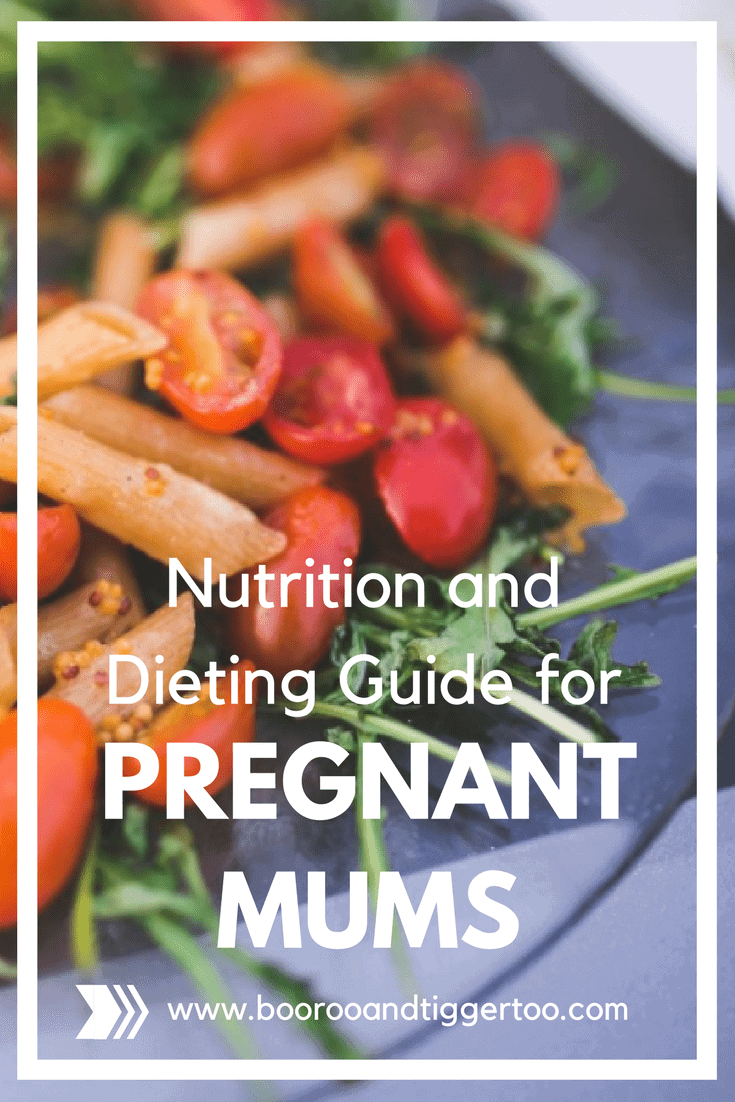We all know the importance of a balanced diet for good health and when it comes to pregnancy, eating well is as important as ever.
Stick with the healthy eating guidelines – eat five portions of fruit and veg a day, including plenty of whole grains in your daily diet, choose more fish, lean red meat and poultry and opt for low-fat calcium-rich dairy foods. But there are some other changes you need to take into account too.
This guide from HARTMANN Direct will help you to understand the importance of foods groups and how they can help you during different stages of your pregnancy.
The Best Nutrition and Dieting Guide for Pregnant Mums

BEFORE you make any changes to your diet, always consult your doctor, midwife or other accredited health professional. If you think you are at risk of nutritional deficiency, see your GP.
The First Trimester
Many mums in the first few months of pregnancy find it an uncomfortable time. Morning sickness can strike at any time of night or day, and loss of appetite can be a common symptom of pregnancy too.
This means that some newly expectant mums can be put off their normal, varied and healthy diet. The good news is that once pregnancy hormones have settled, morning sickness passes, usually around the 14 to 16-week mark.
You can minimise the effect of sickness by;
- Grazing – eat little and often, opting for starchy foods such as bread, porridge, plain biscuits, rice, potatoes or pasta.
- Minimise fatty foods – these are harder to digest
- Choose quick and easy recipes that are quick to prepare and consider halving the portion, eating a small portion now, and another later
- Plain biscuits such as arrowroot or a ‘water biscuit’ can be useful first thing in the morning – nibble on them before you get up
- Cook and batch freeze when you feel well so when sickness does come over you, or you lose your appetite you have some tasty small dishes to eat.
Top tip – some expectant mums find ginger is helpful to deal with nausea. Ginger has natural anti-emetic properties, perfect for calming the feelings of nausea.
And don’t forget to increase your intake of folic acid in the first three months to help your babies developing brain and nervous system.

The Second Trimester
Some expectant mums describe this as the best trimester of pregnancy. The hormones have settled down and thus, nausea passes.
As your baby grows, it will start to test out its limbs by kicking out, as well as rolling and squirming about. It can feel an exciting time and a time that you can enjoy.
In terms of your diet, you now need to pay close attention to making sure you have a healthy and varied diet. As well as five portions of different coloured fruit and vegetables every day, you need to make sure you are having at least two portions of fish a week too. The oily variety is better – look for salmon dishes, mackerel, trout, and sardines.
Constipation can be a problem in pregnancy. Look to whole grain versions of food like wholemeal bread, cereals, and pasta, as well as oats, vegetable, fruit, and pulses.
Incontinence can be an issue too, a combination of hormone levels and the weight of the growing baby. However, you need to ensure you maintain your hydration levels through the day. As well as plain water, enjoy diluted cordial juices and herbal teas. Keep caffeinated drinks in check.
Iron levels can drop too as the growing baby takes as many nutrients as it can from what you eat. This means looking at including plenty of lean meats and other iron-rich foods suitable to eat during pregnancy.
As well as increasing your iron, make sure you increase your vitamin C intake at the same time. Your body cannot absorb iron without vitamin C, so team iron-rich meals with vitamin C rich juices and fruit.

The Final Trimester
Late pregnancy can be uncomfortable, especially as your nearly full-term baby can be quite big.
This impacts on your digestive system with heartburn and indigestion common. You will also be expending more calories in late pregnancy, so increasing your intake by 150 to 200 calories a day can help.
You will need to keep an eye on your calcium intake as in the last 10 weeks of your pregnancy, your baby’s skeleton if developing and gaining in strength. Stick with low-fat versions of calcium rich foods.
You may also find it more comfortable to graze in the final weeks of pregnancy, rather than stick with three large meals a day.
Eating well in pregnancy is essential for your own health and for giving your baby the best start in life. Enjoy!

Featured Article from HARTMANN Direct providers of a range of incontinence products, many of which are suitable for incontinence during pregnancy and after birth.























No Comments